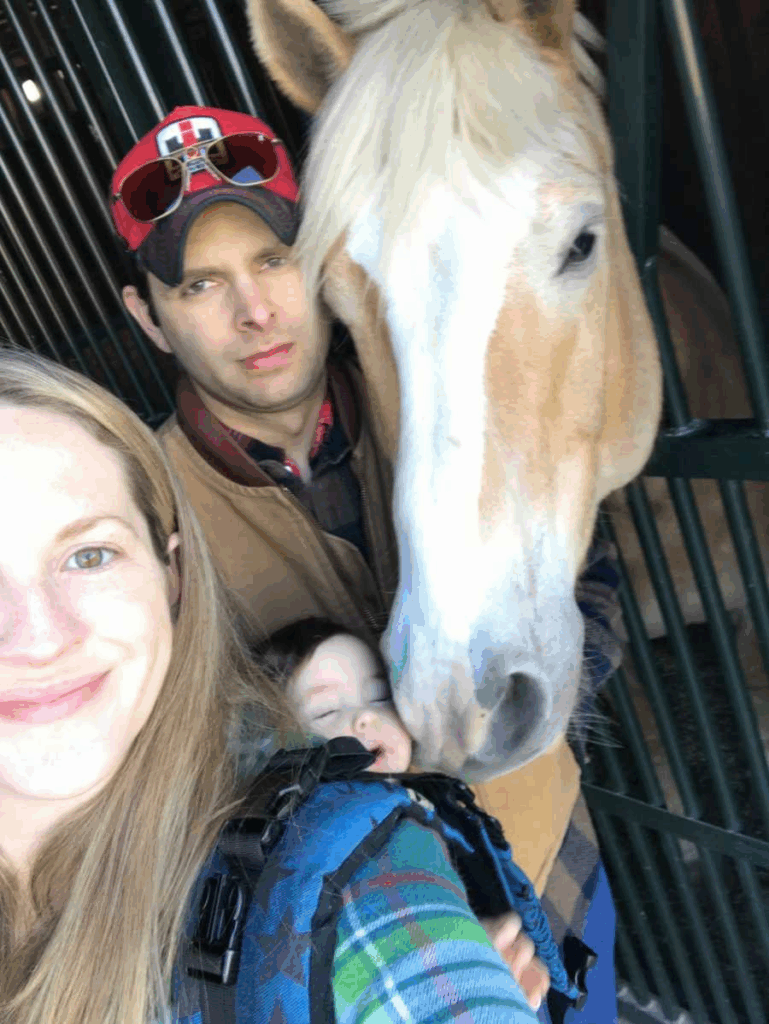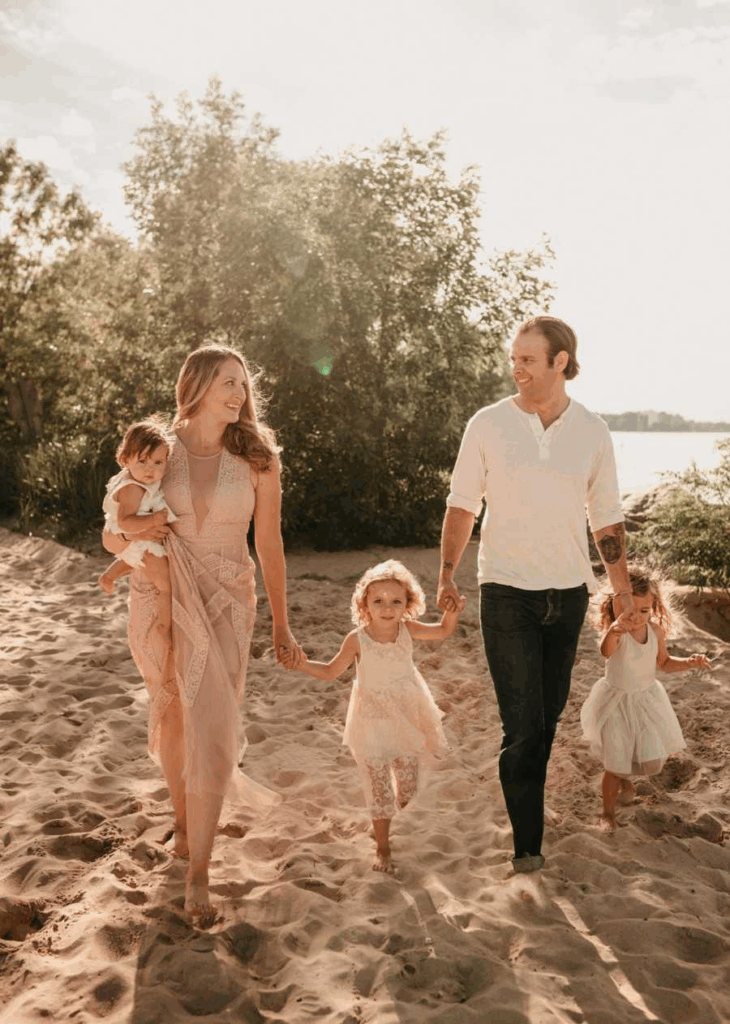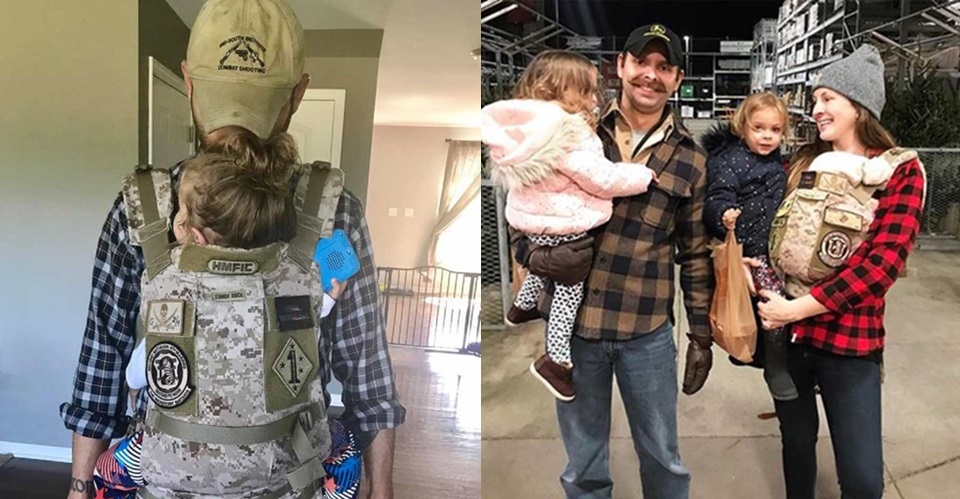For years, Sydney W had carried a secret, quietly tearing her family apart. Behind the smiling photos and the small talk at family gatherings, there was a truth few knew. Her husband, Ty, a Marine Corps veteran and longtime police officer, was fighting a brutal battle with severe PTSD. Ty had spent more than a decade serving his country and his community. He was the man who ran toward danger when others ran away. After his military service, he joined the police force and worked up to the SWAT team, a job he had dreamed about for years. He was skilled, fearless, and deeply respected. Sydney was proud of him and the life they had built with their three daughters. But somewhere along the line, the weight of what he had seen and lived through began to crush him from the inside out.

It started slowly. At first, Sydney noticed that Ty seemed more tired, more distant. Then the small changes became impossible to ignore. He couldn’t sleep through the night. Panic attacks struck at random. Sometimes, before heading out for a call, he would get sick in the bathroom, shaking and drenched in sweat. His chest would tighten, and he would text her from work just to be reminded that he was okay, that he was still here.
Each new trauma on the job seemed to reopen old wounds from Iraq. The memories of combat that had once gone quiet now screamed louder than ever. His work as a police officer reignited everything he had tried to bury. Sydney and Ty tried to find a way to keep his job without destroying his health, but options were limited. Leaving the SWAT team felt like failure to him, even though it was survival. The day a fellow officer faked his own death, pretending to be murdered, something inside Ty broke. The grief, the confusion, the betrayal — it was all too much. Sydney and Ty decided he had to step away from the team to stay alive. They lied to protect his career, telling his department that Sydney was struggling with postpartum depression and needed him home. In truth, it was Ty who needed saving.

But leaving SWAT didn’t bring peace. The nightmares followed him back to the streets. Every call, every siren, every tragedy triggered another wave of panic. The man who had once been fearless could no longer breathe without fearing he might die. His body betrayed him; his mind was trapped in a constant state of alarm. Sydney did everything she could to hold her family together. She cared for their daughters, answered Ty’s calls and messages through every panic attack, and searched desperately for help that worked. She watched friends in law enforcement and the military lose their lives to the same invisible battle. Some overdosed, others died by suicide. She lived in fear that Ty would be next.
Their community stepped up when things fell apart. Family members brought meals, friends cleaned their home, and neighbors watched the kids. Ty’s uncle came from out of state just to stay with him. Sydney was seven months pregnant and trying to hold it all together, but she felt like she was drowning. Eventually, Ty found a small light through equine therapy. Working with horses gave him a sense of calm he couldn’t find anywhere else. Every morning before work, he went to Bravehearts to spend time with the mustangs, trying to quiet his mind. But each shift at the police department pulled him back into the darkness.

Then came the call that broke him. A local overdose involving someone Ty had known for years. He came home shaking, unable to breathe, terrified he would die next. That was the moment Sydney decided it was over. She told him he would never go back to the streets again, and he agreed. The job that had defined him had nearly killed him. Ty finally told his chief the truth — that he was suffering from depression and PTSD. That he couldn’t do it anymore. There was no safety net, no new job waiting, no plan for what came next. But for the first time in years, there was honesty. There was relief.

Sydney calls her husband a fighter, not a broken man. A veteran, a father, a husband who has given everything he has to serve others. She is exhausted, scared, but hopeful. Their family is learning that healing takes time, and silence only feeds the pain. They are done hiding. They are ready to break the stigma, prepared to speak out for every veteran and first responder who feels trapped by PTSD. Sydney believes that sharing their story can save lives. Because behind every strong hero is a family fighting to keep them alive.











